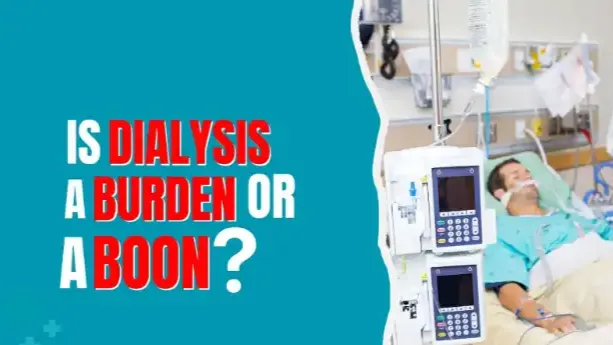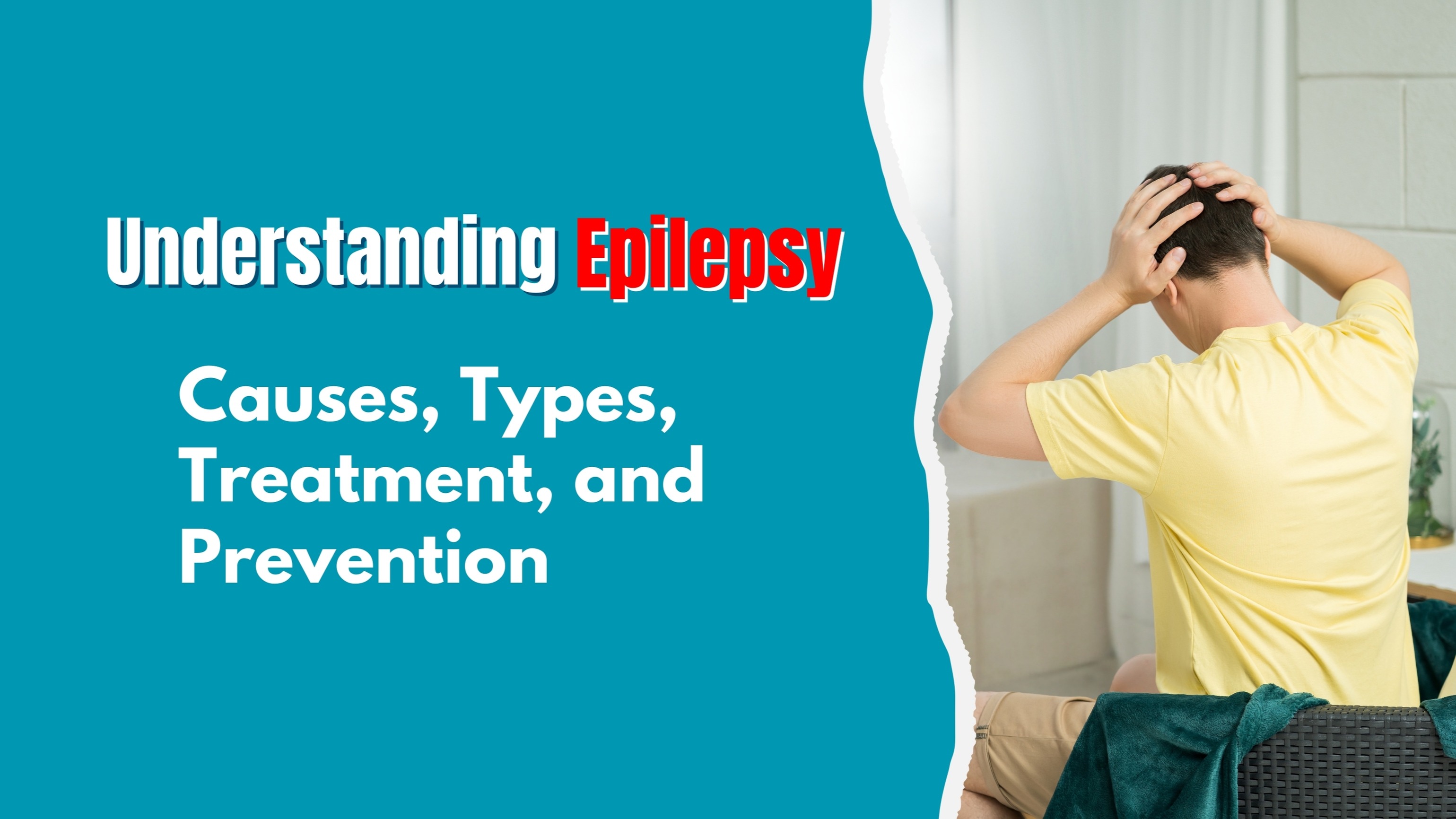-
Hospital Enquiry 03561-354100
-
Emergency 9046005723
-
Book appointment 90460-05614

IS DIALYSIS A BURDEN OR A BOON?
Category: Blog | Published By: Thalamus Institute of Medical Sciences | Created: 3 weeks ago
What is Dialysis?
Dialysis is a medical treatment that helps remove waste and excess fluid from the blood when the kidneys can no longer perform these tasks effectively. Healthy kidneys filter out waste products and excess fluid from the blood, turning them into urine. However, if the kidneys are damaged, as in cases of chronic kidney disease or kidney failure, dialysis takes over this essential function.
There are two main types of dialysis:
- Hemodialysis
- Peritoneal dialysis.
In hemodialysis, a machine filters blood outside the body and then returns the clean blood.
In peritoneal dialysis, a special fluid is introduced into the abdomen to absorb waste, which is then drained.
Dialysis helps patients lead healthier lives even when their kidneys are not fully functional.
Dialysis is typically required when a person has kidney failure or end-stage kidney disease (ESKD). This usually occurs when the kidneys are functioning at 10–15% of their normal capacity.
Dialysis might also be needed for those with severe kidney damage from conditions like diabetes, high blood pressure, or chronic kidney infections. Early detection and timely treatment can help delay the need for dialysis. If you are looking for the most affordable dialysis treatment, Thalamus Institute of Medical Sciences in Siliguri is there to help you out with compassion and care.
Is Dialysis a Burden or a Boon?
Dialysis is a life-saving procedure for people with kidney failure, but it often brings mixed feelings. Let’s explore the pros and cons to understand if dialysis is a burden or a blessing.
For individuals with end-stage kidney disease, dialysis is essential. It filters waste and toxins from the blood, a job the kidneys would normally do. Without dialysis, toxins can build up, causing serious health issues. So, for patients, it’s often a lifesaver and can help extend life.
Many people find relief and gain back their energy after beginning treatment. At the best multispeciality hospital in Siliguri, patients receive comprehensive support to ensure they can benefit fully from dialysis.
Is Dialysis a Burden?
Dialysis is often time-consuming and can be uncomfortable. Patients usually have to undergo dialysis three times a week, each session lasting several hours. For some, it can be physically tiring, impacting their lifestyle and freedom.
Despite its benefits, this demanding schedule and the physical side effects make some feel that dialysis is a burden. However, modern healthcare facilities, such as the best multispeciality hospital in Siliguri, offer advanced machines and a caring environment to help ease the process and improve patient experience.
The nephrology specialists at Thalamus Institute of Medical Sciences provide a range of treatments, from preventive care to dialysis and post-surgical support. Their team of experts uses advanced technology and a patient-centered approach, ensuring you get the best care possible.
Managing Dialysis with Support
Whether dialysis feels like a burden or a boon often depends on the support patients receive. With the right care team, dialysis can become more manageable. By choosing facilities with experienced staff and state-of-the-art equipment, patients can better cope with the challenges.
If you or a loved one is experiencing symptoms related to kidney issues, consulting with the nephrology experts at Thalamus Institute of Medical Sciences, popularly known as the best multispeciality hospital in Siliguri, can make a world of difference. Remember, early detection and proper care can improve the outcome for most kidney conditions, and dialysis is a life-saving option that brings new hope to those with kidney disease.
Disclaimer: This blog is for educational purposes only and not a substitute for professional medical advice. Avoid self-diagnosis or taking medications without medical guidance.





